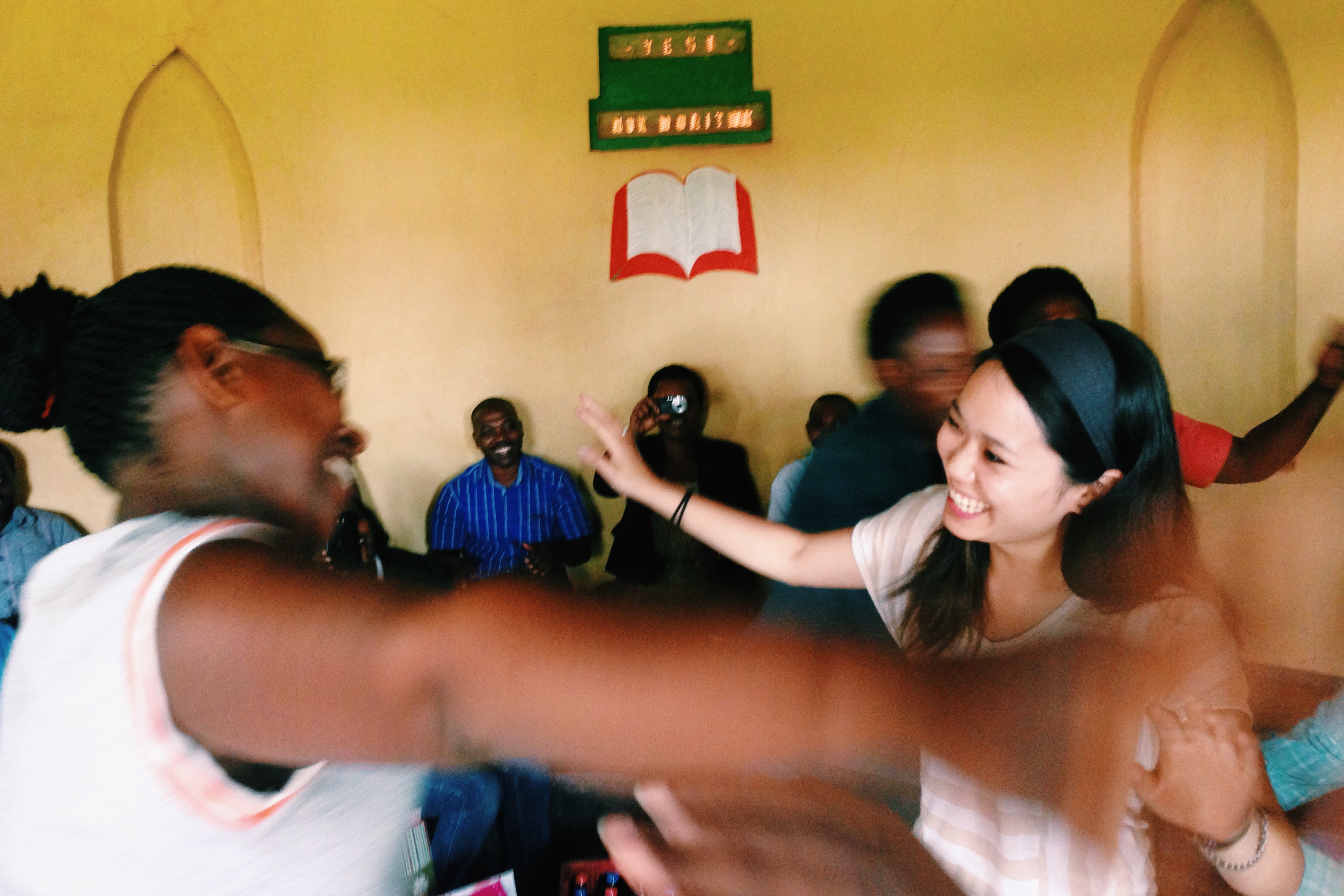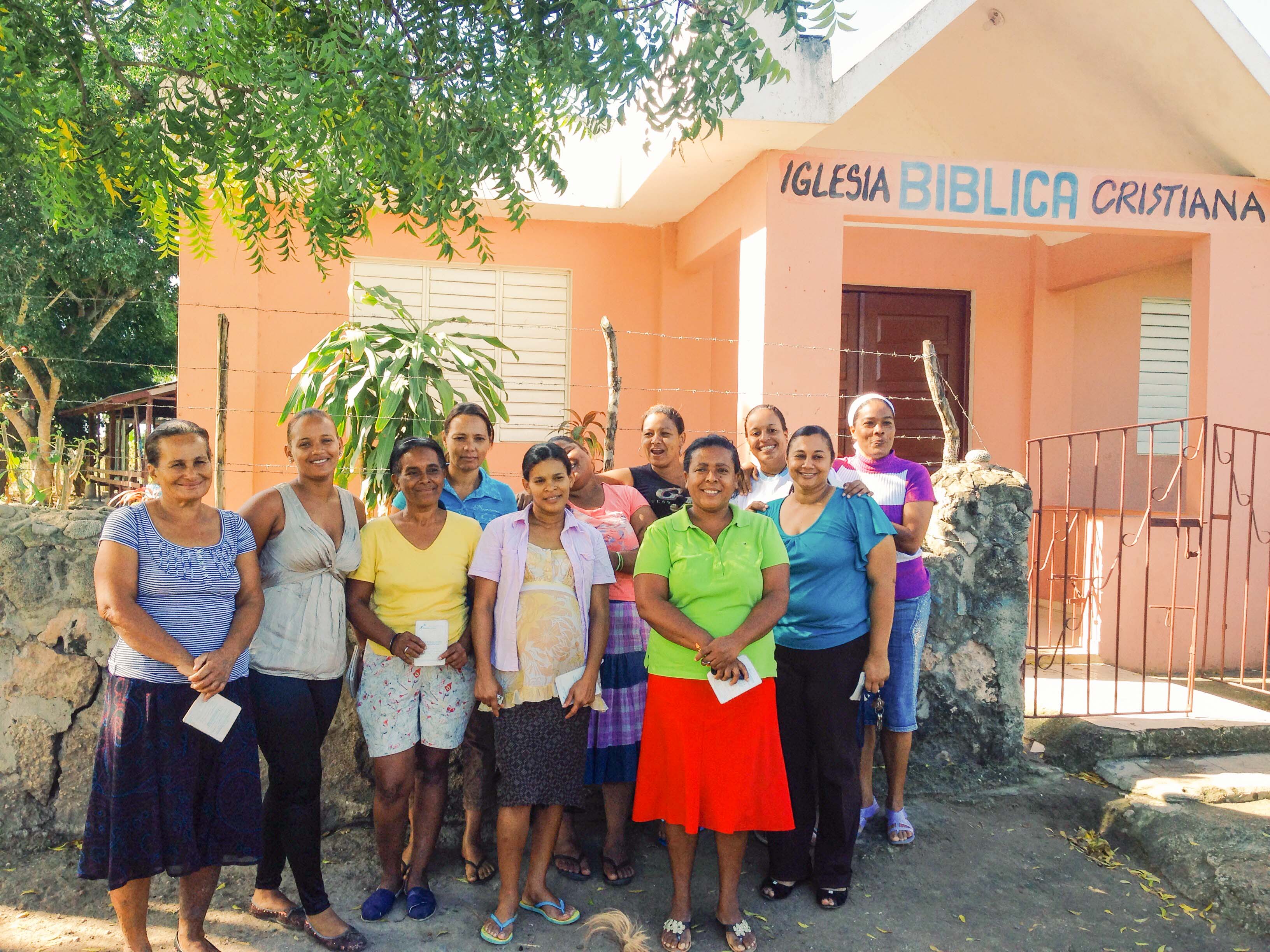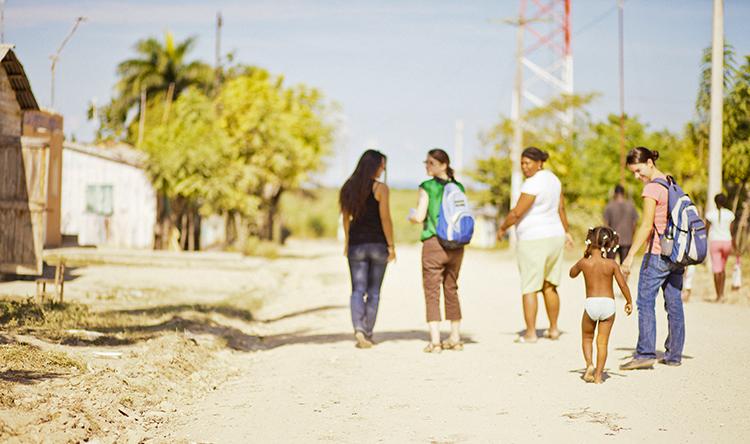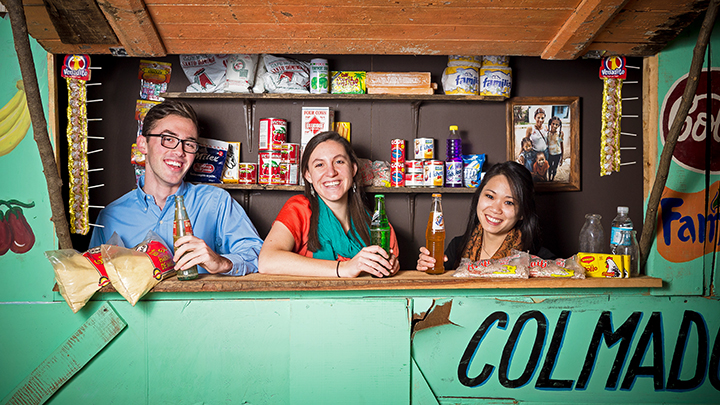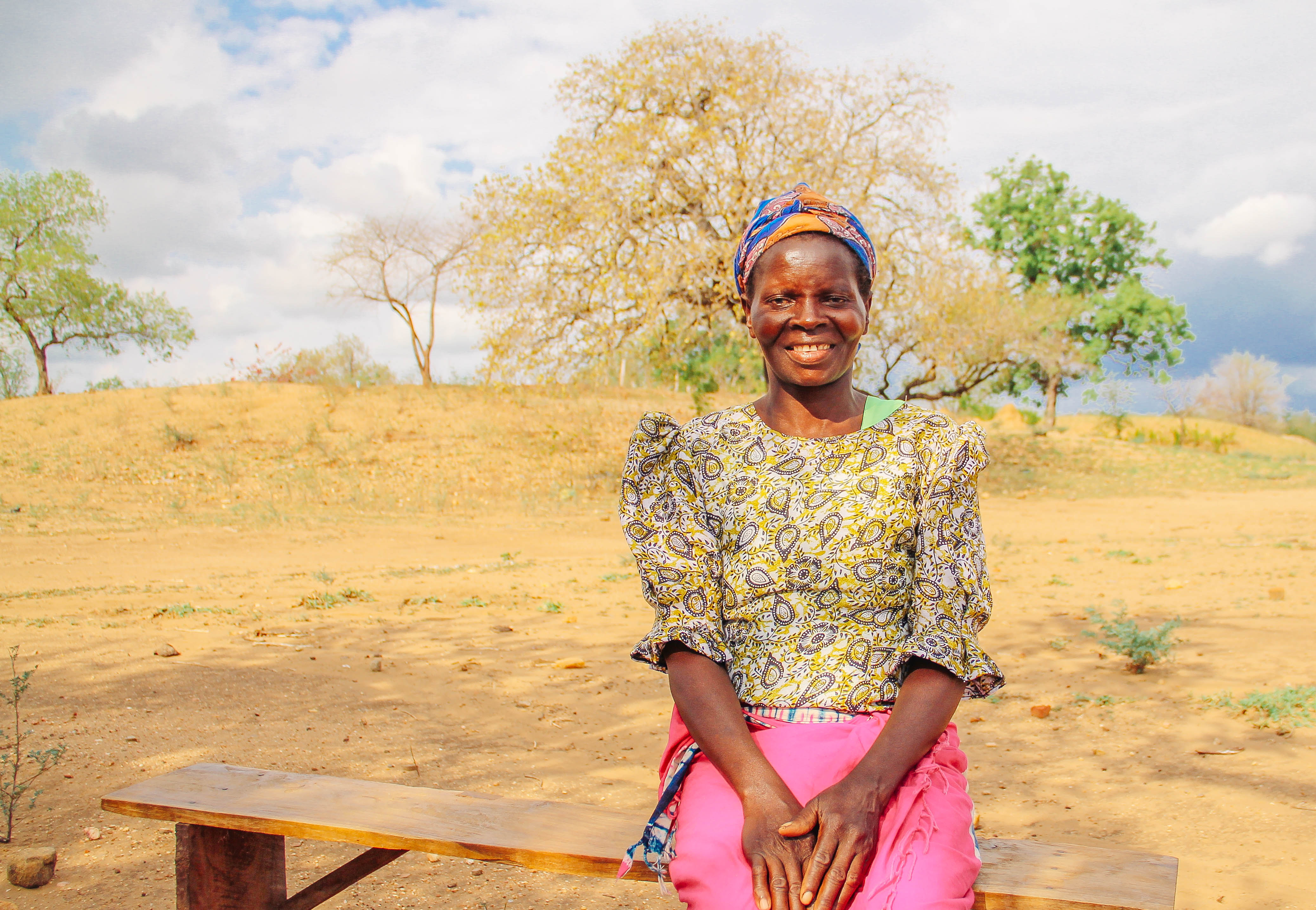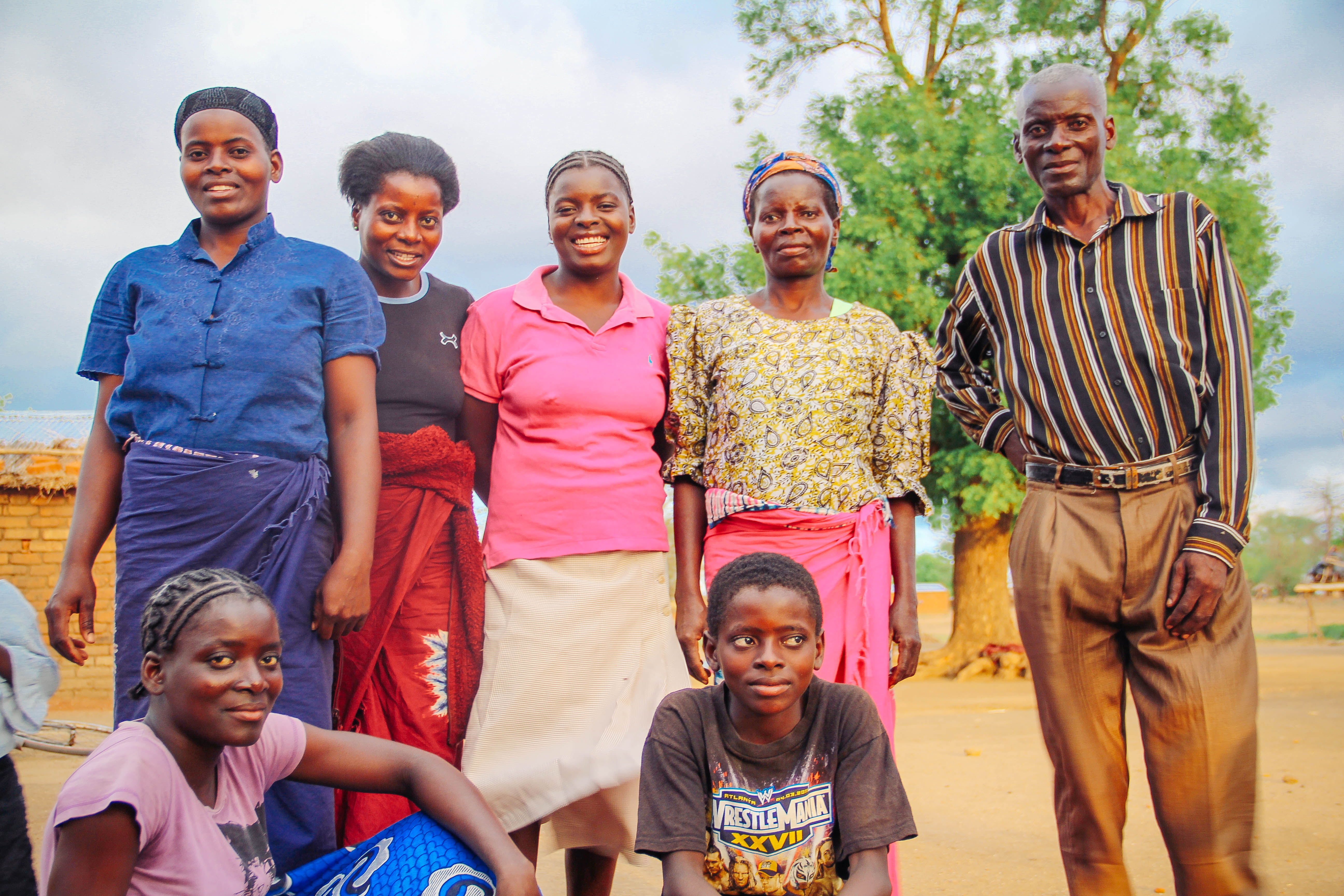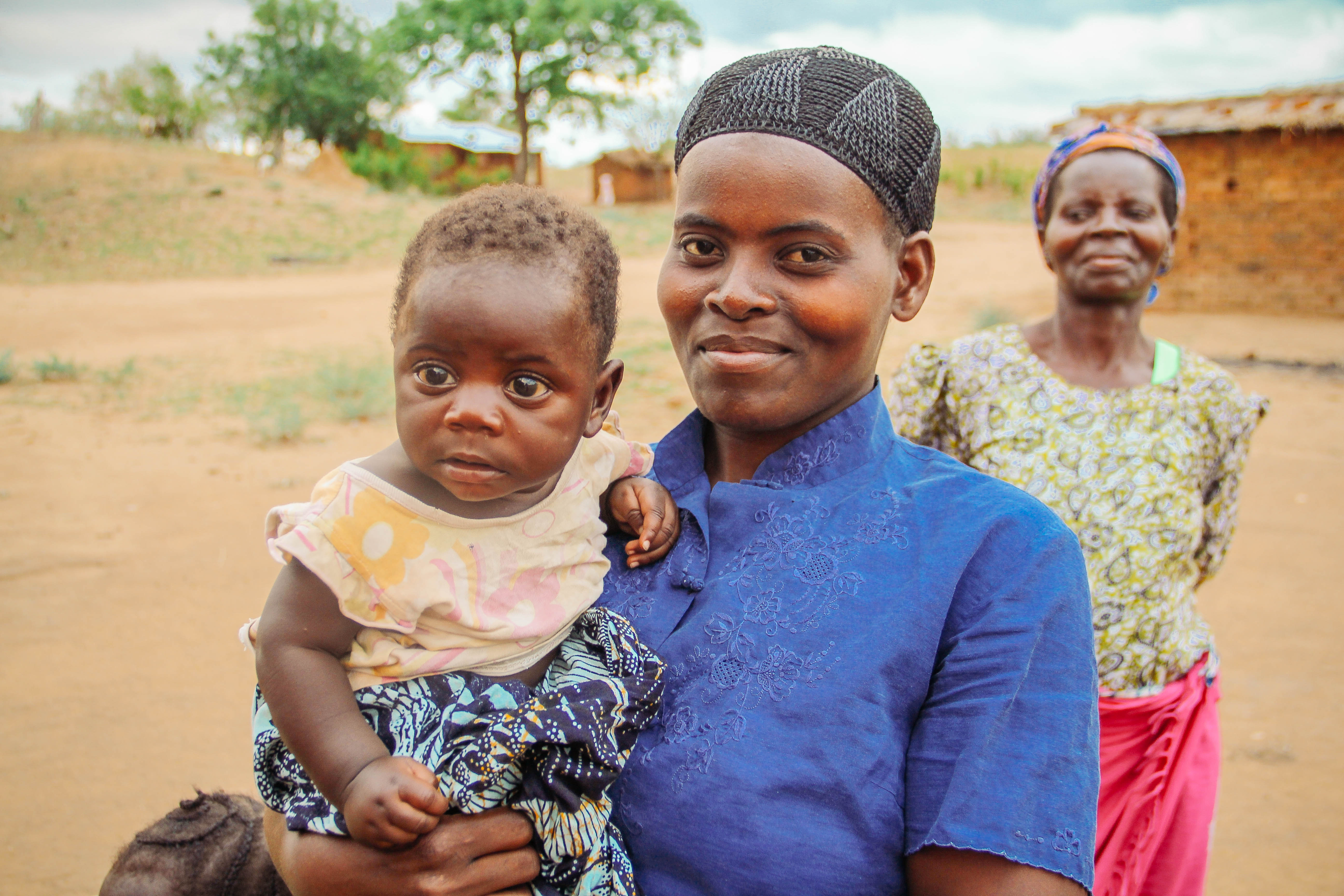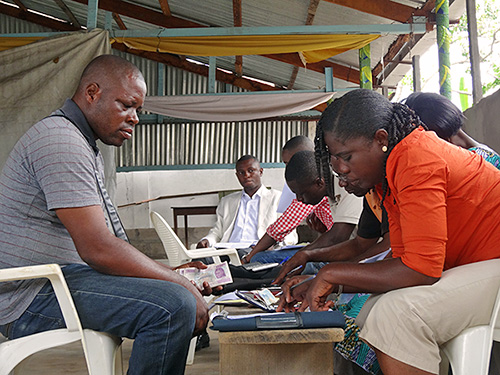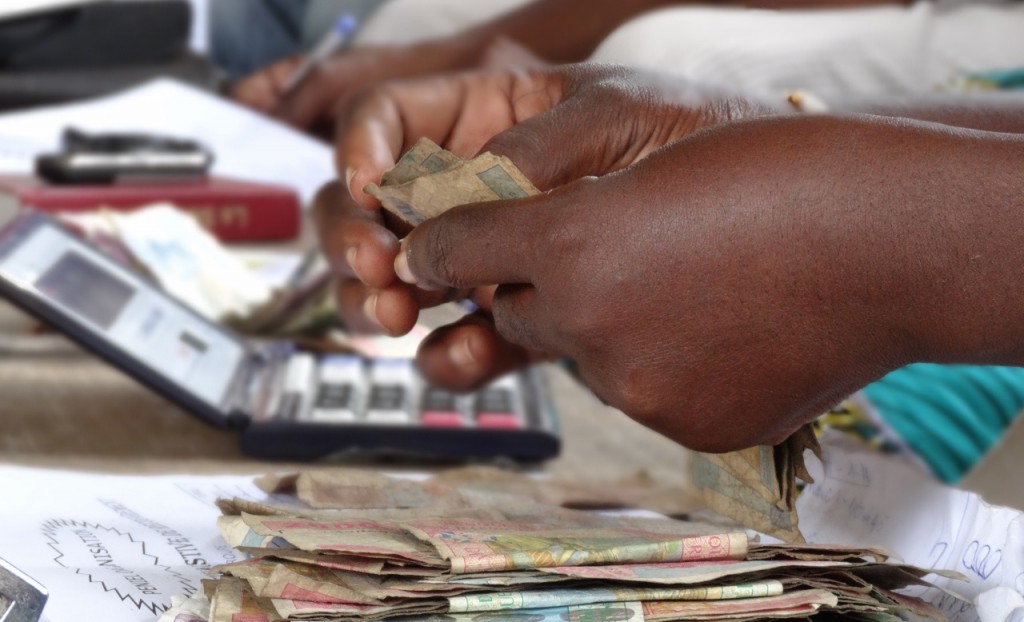by Joanne Lu, Field Communications Fellow in Rwanda
Dear Joanne,
By the time I write this, you’ll have received a new name, Ineza, which means goodness/kindness/gentleness. You’ll have learned the winding streets of Kigali and find comfort in their familiarity. You’ll have embedded yourself in a community of support and built friendships you refuse to think about leaving.
That’s what awaits you in 2014. It’s a year of incredible growth, extraordinary challenges, and immeasurable reward. You cannot imagine it. And what you try to imagine—it will far surpass.
Right now, your heart is churning; your mind is torn. You have an opportunity, one you’ve waited and worked toward for years. You can gather and tell stories of remarkable change in the developing world. This field communications fellowship—it’s the open door you’ve been praying for.
But is it? You’re confused. You’re being asked to choose between placement in Asia or Rwanda. Neither of them is your first choice, and in fact, you know nothing about Rwanda besides what you learned from the movie Hotel Rwanda that you just watched. And for a whole year? You’re wondering if you’re being selfish, if it really is worth dropping everything for a year, if it’s all just a big mistake.






